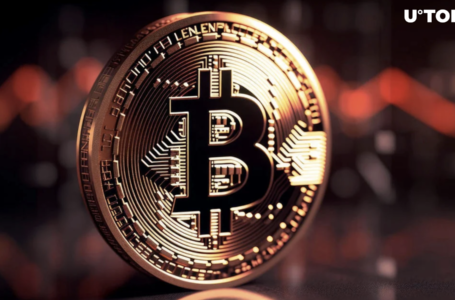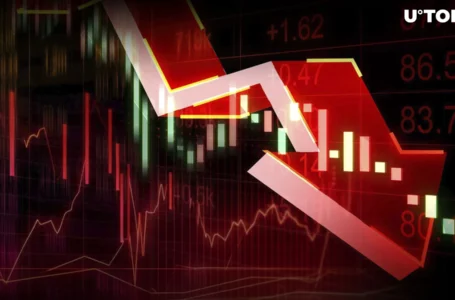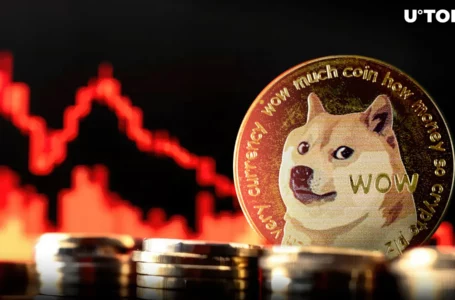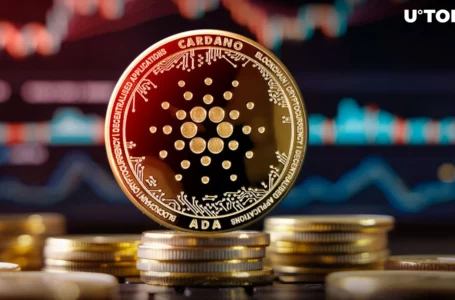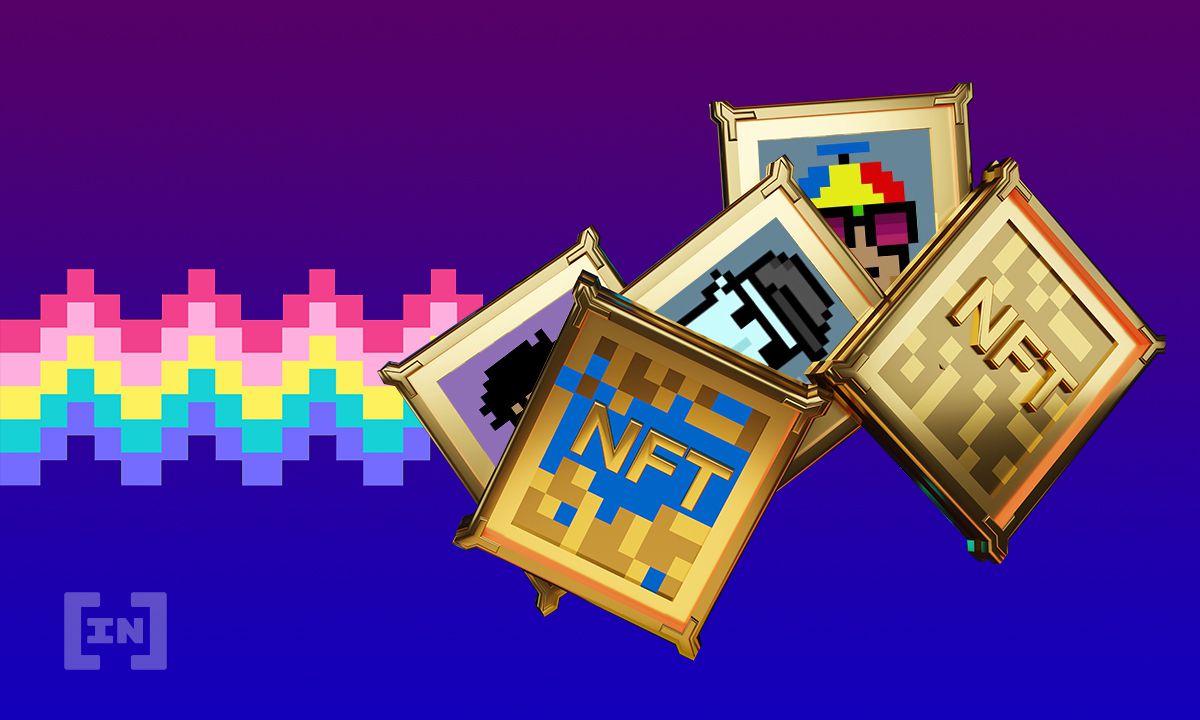
Itch, the open source gaming platform, on Sunday criticized non-fungible tokens (NFTs) as a get-rich-quick scam targeted at exploiting creators of digital artistic content.
“NFTs are a scam”, Itch.io alleged, in a loaded tweet. “If you believe they are legitimately useful for anything other than creator exploitation, financial scams, and planetary destruction, then we ask that you please re-evaluate your lifestyle choices.”
Itch was founded by American programmer Leaf Corcoran in 2013. The outfit prides itself as a champion for free artistic expression, with a bias toward so-called independent games, or indie games.
The website allows users and developers to “host, sell and download indie games”. Itch also allows users to participate in an event called “game jams”, where developers are tasked with creating a game in a matter of days. As of August 2021, the platform hosted around 400,000 games.
‘Exploitative technology’
But for all its libertarian leanings, Itch finds non-fungible tokens as a capitalist creation, built to stifle artistic freedom. Apparently, some people have asked the platform “about our stance on NFTs”. In response, Itch ridiculed:
Also f**k any company that says they support creators and also endorse NFTs in any way. They only care about their own profit and the opportunity for wealth before anyone else. Especially given the now readily available discourse regarding NFT issues.
In a separate, but not unrelated tweet, Corcoran blasted supporters of NFTs, calling the lot a “willfully ignorant people who are trying to push an exploitative technology”. He mocked in yet another tweet:
“Imagine being a gamer tricked into wanting DRM [Digital Rights Management] in your games by a group of crooks obsessed with getting obscenely rich through the modern equivalent of the baby bubble beanie.
A non-fungible token is an immutable and unique unit of data stored on the blockchain. NFTs can be used to represent items such as photos, videos, audio and other types of digital files.
In 2020, non-fungible tokens have emerged as a cultural showcase for the cryptocurrency industry, opening up new possibilities in the curation and circulation of art. NFTs have influenced fascinated mentions of pop celebrities such as Snoop Dog, Lindsay Lohan, Grimes and many others.
Digital artist, Beeple, sold an NFT for more than $69.3 million last year. Twitter founder, Jack Dorsey, converted his first ever tweet into a non-fungible token and sold it for $2.9 million.
As contemporary art, NFTs brought in $3.7 billion in global sales in October 2021, according to a report by Artpiece. Overall, NFT industry volumes topped $16.5 billion in the past 30 days, led by LooksRare and OpenSea marketplaces, according to DappRadar data.
NFTs have utility, say industry players
Proponents dismissed Itch’s claims, arguing that NFTs were a legitimate technology for the creation and ownership of digital content.
Ilman Shazhaev, founder of blockchain game metaverse Farcana, says he expected NFTs to be criticized by “prominent industry players, but it doesn’t make sense to call NFTs a scam. “.
“Instead of serving as ‘simple’ digital collectibles, non-fungible tokens can represent all the in-game items in an IP, offering real, verifiable ownership to their holders,” Shazhaev told BeInCrypto.
“Combining them with the Play-to-Earn model allows developers to incentivize their players to actively engage in exchange for NFTs and token rewards. Users have a way to earn assets that can be easily converted into real money by simply playing a game and completing challenges.
On this basis, Shazhaev concluded that non-fungible tokens were not in any way “less ethical than the infamous Pay-to-Win model, a scheme widely used in the gaming industry that provides an unfair advantage to players who spend money on weapons, loot boxes, and other assets.”
Tomer Nuni, CMO of Kryptomon, a gaming and NFT platform, spoke about the usefulness of non-fungible tokens as a key feature of this new technology’s decentralized approach to digital creative content ownership.
“Utility NFTs allow users to actually own in a trustless manner real game objects,” Nuni told this publication. He added that objects owned this way could never be taken away from the owners “by creators or [have] their value manipulated by the creator” since value is demand-driven.
Nuni said this utility NFT ownership model “completely eliminates the possibility of ‘ripping off’ players and owners.”
Itch are not the first to rail against NFTs. Earlier this month, Philosopher Slavoj Zizek argued that it is naïve to believe bitcoin and non-fungible tokens bring freedom. He said that NFTs have no value in themselves, but rather represent self-referential exchange value and capitalist speculation.

